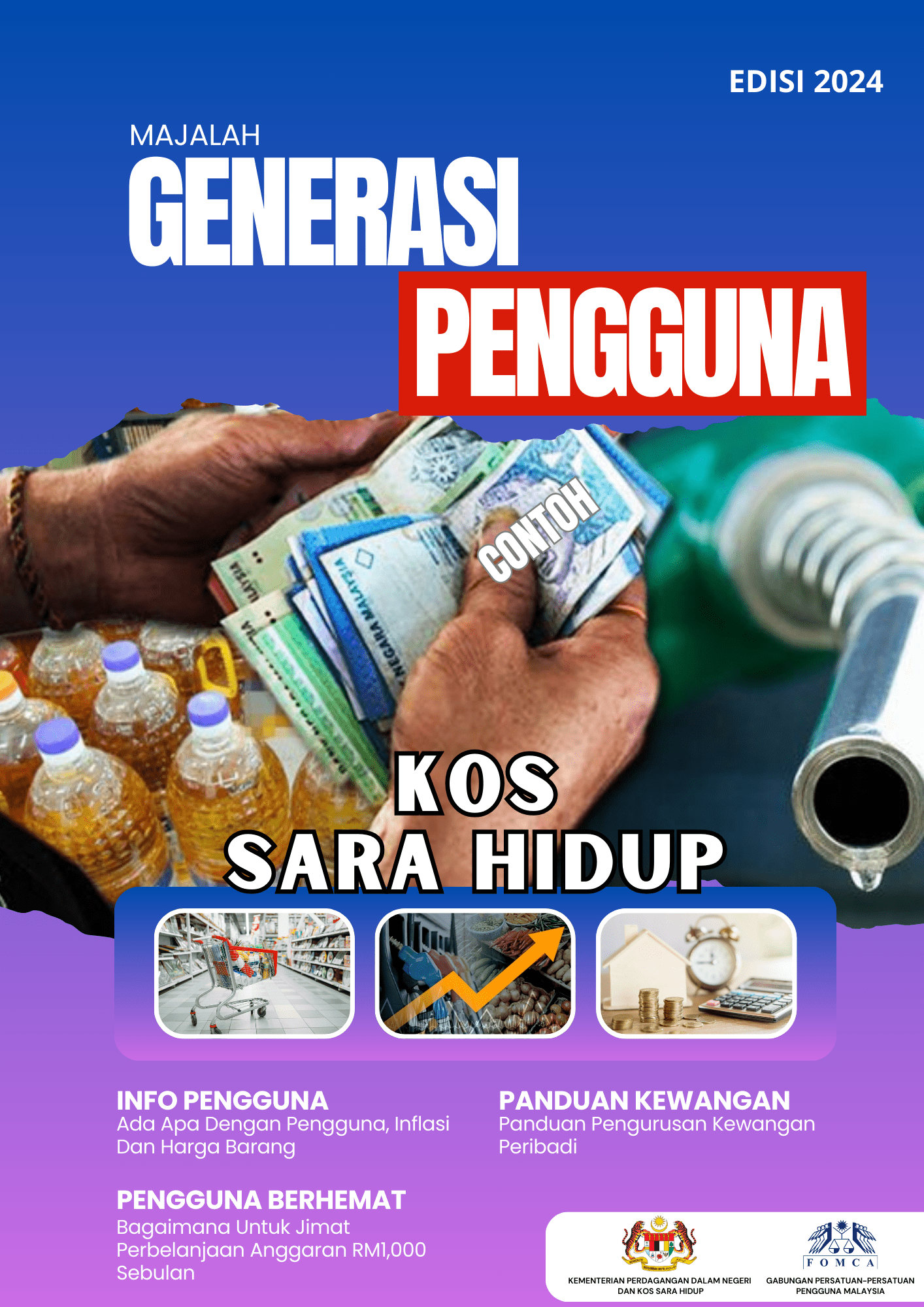Budget 2019
FOMCA Response
COST OF LIVING
1. Prices of Food and Essentials
FOMCA fully supports the strengthening of enforcement by the Ministry of Domestic Trade and Consumer Affairs to bring down the prices of food and other essentials.
Further, FOMCA urges the Ministry to investigate through the Competition Commission whether there are monopolistic practices along the food supply chain. With elimination of monopolistic behaviour and liberalising the food market, consumers would benefit through lower prices, more choices and better quality.
FOMCA support the “BUY MALAYSIAN” Campaign by Government. The government should ensure value for money for the local products.
2. Public Transport
FOMCA supports the freeze on intra-city toll hikes. The freeze should extend to all tolls. Further, FOMCA looks towards the reduction of toll prices to assist consumers face the increasing cost of living.
FOMCA fully supports the issuance of RM 100 unlimited public transport pass program to promote public transport.
FOMCA seeks that the bus system network by further strengthened not only in Kuala Lumpur but also is all states capitals and smaller towns. Consumers seek a reliable service, with shorter commute time, affordable fares, comfortable buses, and information on bus routes and arriving times.
3. Affordable Housing
Relative to consumers’ incomes, houses in Malaysia are simply unaffordable. FOMCA seeks that housing prices are regulated to ensure it matches consumers’ salaries. FOMCA supports the building of affordable houses by government related agencies; it also seeks that houses prices by private developers be regulated and controlled to ensure more consumers can afford to buy their first homes.
4. Affordable and Accessible healthcare
FOMCA suggests that Healthcare expenditure of RM 29 billion (at about 2% of GDP) is too low to address the many challenges facing the public health system. FOMCA fully believes that the tax-based public health system should be strengthened, as it enables the most affordable and accessible system to all.
Any partnerships with the private sector should be transparent and involve all stakeholders. It should not strengthen private hospital which are currently too expensive for ordinary consumers. Further it should lead to more specialists leaving the public sector to migrate to the private sector.
5. Targeted Petrol Subsidies
FOMCA supports the targeted subsidy of petrol for the lower income. However, we look forward to a convenient and effective mechanism to implement the scheme.
6. Financial Indebtedness and Financial Literacy
Young graduates, young workers and young families need to be empowered to better manage their finances. The current data on financial habits and habits of young workers is resulting in many young workers poorly managing their finances, high debts and low savings. Financial education is crucial.
FOMCA strongly believes that, instead of the current ad-hoc measures being taken by various parties, a National Financial Education Strategy is crucial to ensure financial education is accessible to all, but especially those most in need.
FOMCA looks with concern the reduction of employers’ contribution as well as the employees’ contribution to EPF. More than two-thirds (68%) of EPF members aged 54 had less than RM50, 000 in EPF savings! With the household poverty line income at RM930 monthly, RM50, 000 in savings will only last 4½ years. The bottom fifth of EPF members have average savings of only RM6, 909.
7. Social Safety Net for the Poor.
Instead of Cash Aid for the poor (Bantuan Sara Hidup or BRM) it is time the government seriously consider the idea of a social safety net for the poor. The social safety net is a collection of services provided by the state including welfare, unemployment benefit, universal healthcare, education support, homes, and sometimes subsidized services such as public transport, which prevent individuals from falling into poverty or extreme suffering. The social safety net is targeted at poor and vulnerable households to protect them from economic pressures, especially increasing costs of living.




